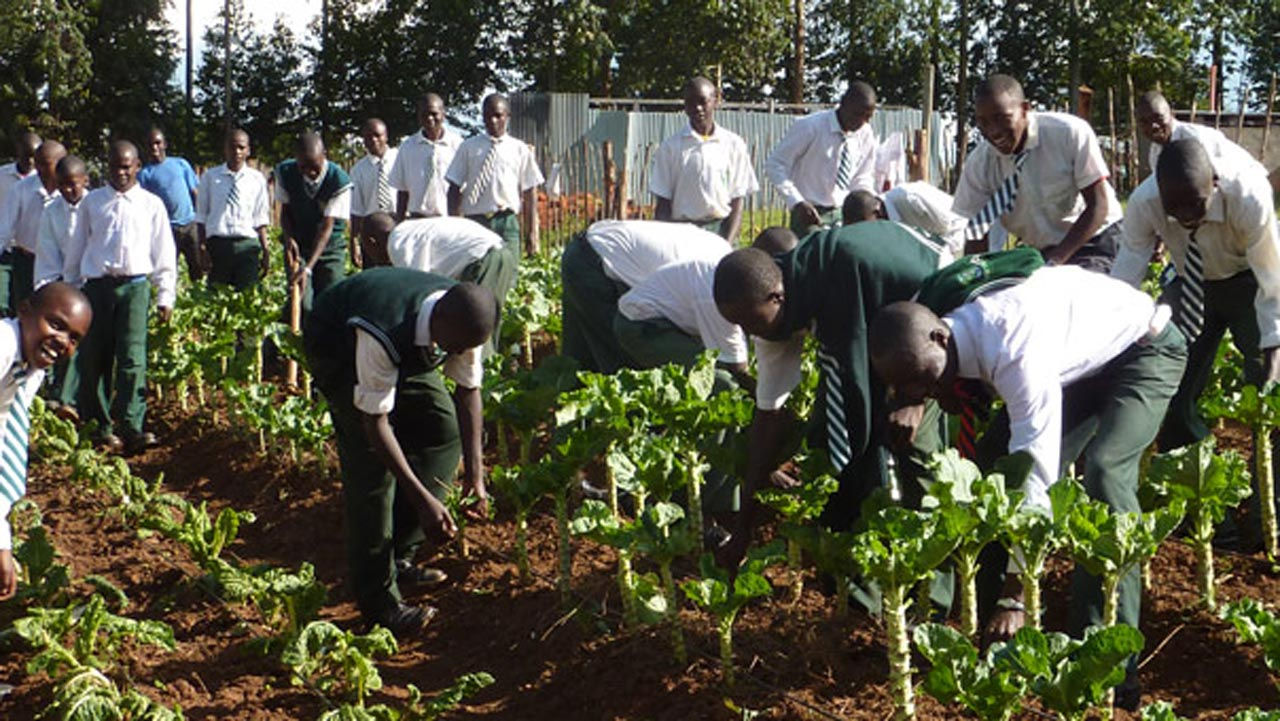Nigeria, a country with vast agricultural potential, faces significant challenges in its agricultural sector. Despite being one of the largest producers of crops such as cassava, yams, and maize in Africa, Nigeria’s agricultural productivity remains low due to various factors, including inadequate agricultural education and training. This article explores the challenges and opportunities in agricultural education and training in Nigeria, highlighting the need for reforms and innovations to boost the sector.
Challenges in Agricultural Education and Training
- Outdated Curricula: Many agricultural institutions in Nigeria still use outdated curricula that do not reflect the current needs of the agricultural sector. The curricula often focus on theoretical knowledge, neglecting practical skills and modern agricultural technologies.
- Inadequate Infrastructure: Agricultural schools and colleges in Nigeria often lack basic infrastructure, including classrooms, laboratories, and demonstration farms. This hinders students’ ability to gain hands-on experience and practical skills.
- Lack of Qualified Instructors: Many agricultural instructors in Nigeria lack the necessary qualifications, experience, and expertise to effectively teach and mentor students. This shortage of qualified instructors compromises the quality of agricultural education.
- Limited Access to Funding: Agricultural education and training programs in Nigeria often face funding constraints, limiting their ability to invest in modern technologies, infrastructure, and human resources.
- Brain Drain: Many Nigerian agricultural graduates emigrate to other countries in search of better opportunities, leading to a brain drain that deprives the country of much-needed expertise.
Opportunities in Agricultural Education and Training
- Modernizing Curricula: Updating agricultural curricula to include modern technologies, such as precision agriculture, biotechnology, and climate-smart agriculture, can equip students with relevant skills.
- Public-Private Partnerships: Collaborations between government, private sector, and international organizations can provide funding, infrastructure, and expertise to support agricultural education and training.
- E-Learning and Digital Platforms: Leveraging e-learning platforms and digital tools can increase access to agricultural education and training, especially for rural and disadvantaged communities.
- Entrepreneurship and Innovation: Encouraging entrepreneurship and innovation in agriculture can foster new opportunities and solutions, such as agri-businesses, farm mechanization, and value-added products.
- Extension Services: Strengthening extension services can provide farmers with access to expert advice, technology, and best practices, improving agricultural productivity and food security.
Way Forward
To revitalize agricultural education and training in Nigeria, the following strategies can be employed:
- Reform Curricula: Update curricula to reflect modern agricultural technologies and practices.
- Invest in Infrastructure: Provide adequate infrastructure, including classrooms, laboratories, and demonstration farms.
- Capacity Building: Train and retrain instructors to enhance their expertise and teaching skills.
- Funding and Partnerships: Seek funding and partnerships from government, private sector, and international organizations.
- Promote Entrepreneurship: Encourage entrepreneurship and innovation in agriculture to foster new opportunities and solutions.
By addressing the challenges and leveraging the opportunities in agricultural education and training, Nigeria can develop a skilled workforce, improve agricultural productivity, and enhance food security, ultimately contributing to the country’s economic growth and development.

